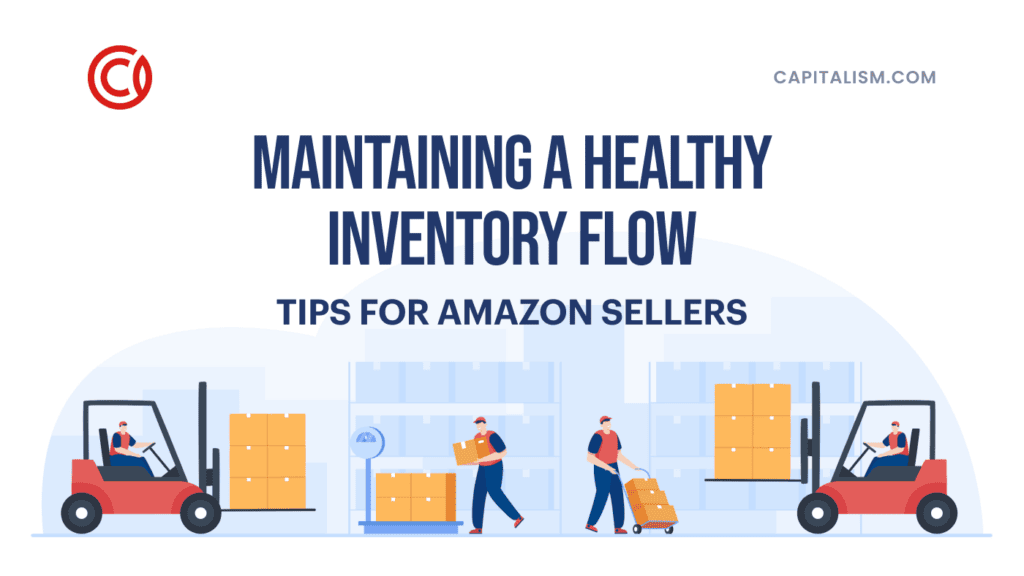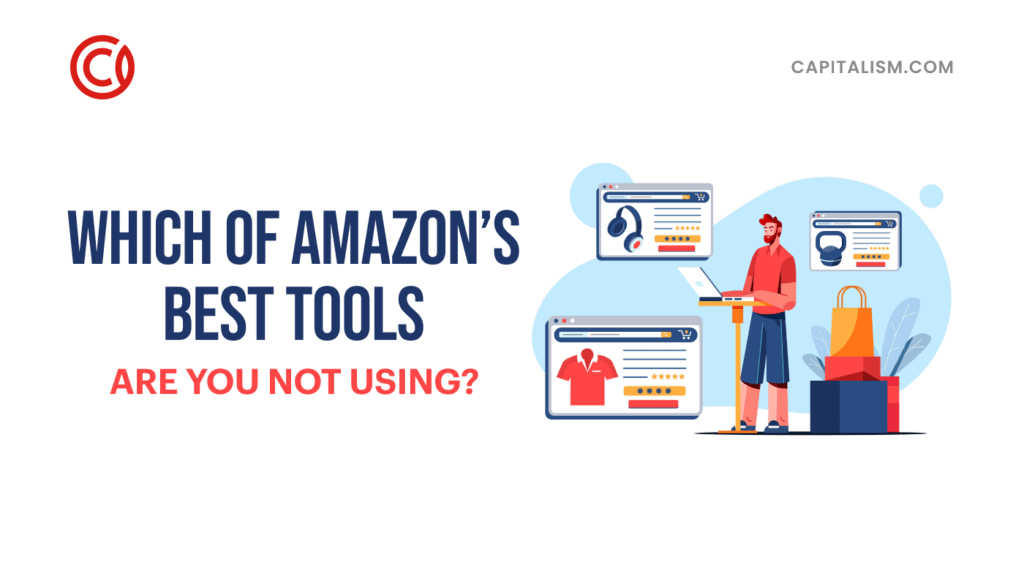It’s one thing to make money; it’s another to know how to invest for cash flow and build wealth for the long-term.
If you are an entrepreneur, you probably worry about this often. This is especially the case if you are trying to map out a future retirement.
An article in The Washington Post revealed the record numbers of Americans over the age of 65 who are forced to continue working because they are living longer in a more expensive economy. Pensions are drying up, Social Security doesn’t have the purchasing power it once did, and retirement funds don’t seem to stretch that far. Nearly one in five (that’s 9 million senior citizens) are barely scraping by.
Consider what would happen if tomorrow you stopped working? How can you know that the money will still be rolling in if you aren’t making all the effort? You must take wealth building seriously and do things differently.
It’s not all dismal, however. We’ve all seen and heard about entrepreneurs who have made billions and are now living the good life. One cannot deny the appeal of becoming an entrepreneur. It’s part of the American Dream that if a person works hard enough, he (or she) can achieve just about anything.
It’s the lucky few that we hear about all the time that inspire us -- people like Richard Branson, Bill and Melinda Gates, and Mark Zuckerberg. What is their secret to success? They are smart with their money and where they invest it.
4 Steps To Cash Flow By Investing Well
Let’s talk about what it takes to build wealth. These principles work well even if you are just starting out or have been creating income for some time. Follow these steps and you can keep more of the money that you earn and how much you can have for the future.
But first - here is my disclaimer: It is advisable that you seek out the expert advice of a qualified financial advisor before making any investment decisions with your money. Results can vary due to many different factors.
Let’s dive in!
#1 - Working For Yourself
As an entrepreneur, you have the advantage. You can work for another company and pay out about half your salary in income taxes and Medicare. Then, even if you invest what’s left over (and if you are lucky to get matching funds from your employer), you can look forward to getting taxed again when you start drawing your benefits at retirement. Doesn’t seem right at all, does it?
In contrast, you can work for yourself, where you have full control over what happens to your hard-earned money. Sure, you will need to pay income taxes to the government, but it’s offset by legitimate business expenses and deductions. For example, if you had revenues of $100,000 this year, but invested in a new company vehicle and equipment to run your business plus attended several industry conferences and courses to improve your knowledge, you could actually break even and not have to pay into the system.
According to Amanda Abella, who contributes to The Muse, “It’s not easy to part with your hard-earned savings, but the truth is, there’s almost no way you can propel your business forward without eventually having to put some money into it.” She advises that entrepreneurs should be willing to ask themselves where they will be in a year if they either do or don’t invest in their business growth.
This is the first principle of where you should be investing your earnings: investing in yourself.
#2 - Reinvesting Into The Business
A problem that often comes up with new business owners is how to maintain consistent earnings when those earnings can come from many different sources. New entrepreneurs often look at their business earnings as a personal account that they can take money from any time they wish, however, this is not the right way to run a business. In order to build long-term wealth, it's critical that you continue to put money back into your business to grow it.
Now don’t get me wrong. This can include paying yourself a small salary, but you also want to start thinking about bringing other people on board who can innovate and add value to your company. Invest in hiring and training a team of contractors who can eventually become full-fledged employees when the time is right. Invest in new technology and resources that will make your business operate more smoothly. Use a portion of your revenues to fund marketing campaigns to increase leads and conversions. If it makes sense to open up a physical office space, do it.
Remember, the goal is to eventually experience freedom from the daily grind. You need good people and a steady flow of customers in order to do this.

#3 - Making Long-Term Investments In The Right Places
At the same time, you need to be wise with the money that you have available for making outside investments. You need to be looking for long term investments that yield high returns. Consider that the reason you should be investing is for continuing cash flow for your business and your personal needs. Think conservatively. the last thing you want to do is put your money into risky investments like the stock market and even retirement savings accounts. The markets can fluctuate wildly meaning you could be wealthy one day and poor the next when the market tanks.
There are a couple of exceptions. You may choose to invest in increasing dividend stocks that have proven to have had stable or increased payouts for investors over the last 10-20 years. A few of these companies include Coca Cola, Verizon, Chevron, McDonald’s, Target, Wal-mart and more. On the surface, the dividends look fairly modest, but they are consistently increasing with time. Look for stocks that are around 4 to 6 percent dividend growth mark. Google “list of companies with increasing dividends” to find a list of potentials.
#4 - Working On Short-Term Wealth Building
To have a good cash flow to balance things out while you wait for long term investments to roll in, it’s important to have short-term wealth building tactics too. This helps to satisfy the fluctuations on your income, to smooth things over with some predictable revenues. Think of it as money you can use to cover business overhead, expenses, and make your car payments on that new Tesla you’ve been wanting.
An option for building wealth is investing in other small businesses, in markets that you are familiar with. Look for those with the greatest potential and good business models that can supply you with a quick ROI. Invest as a silent partner to provide much-needed capital in a business idea you can have the most impact with. In a year’s time, you can be cashing out a significant amount of your returns.
Investment groups and firms are often seeking new investors to join them in putting money back into the community. For example real estate investment groups. This can help revitalize neighborhoods that have homes ready to buy cheap and flip for a profit. You could do this yourself, but why do all the work when there are others willing to go in with you and take on some of the risk (and hire the workers to get dirty)?
These returns are generally in the 11 to 12 percent range and dividends are paid out monthly to investors. The more you put in, the larger your share. If you purchase real estate, you can use this as equity to pull cash out of any time you need it.
Holding notes for buying debt can also be an avenue for investing in the short term. Agencies sell debts and collect on them, sending you a 1.5 percent return every month. Shop around to find the highest rate of return from these agencies.
Money Success Secrets of Entrepreneurs

You may wonder at times what billionaires (like the previously named) know about building wealth that you don’t know. It can take a long time to figure this out. Here’s a quick rundown of the top success habits of entrepreneurs who make it rich.
- Dealing with Fear
Many business owners fall into money traps and then climb back out only to do it again. They don’t learn and they don’t change. Why? Because they are afraid. Fear is the worst place to be as an entrepreneur. This is the first success secret: leaving the fear factor behind for good.
Ariane de Bonvoisin CEO of First 30 Days and the creator of the popular app Mindful365, shared how she overcame the fear of financial uncertainty when leaving behind her high power job at Time Warner to find herself again in a new, more authentic business venture. She told Fast Company, “ A feeling of courage often takes [fear’s] place, or a deeper belief in yourself, as you know what it takes for you to follow through.”
- Protecting Personal Time
You don’t have to work all the time to experience financial freedom. In fact, your goal should be to set things up so you can focus on what’s really important to you. A research report from Xero, a global provider of cloud-based accounting software used by the self-employed, included responses from 2,000 business owners in the U.S. and the U.K who had 20 employees or less. Their research indicates that while most people think entrepreneurs work 24/7 year-round, more than half said that they make it a point to spend time with their families and loved ones in the evenings and weekends. This is what provides the most successful entrepreneurs with a sense of balance.
- It Takes More Than One
As a solo-entrepreneur, it’s easy to get lonely and think that no one else could possibly understand what it means to be in your shoes. After all, this business is your financial well-being and it’s part of your identity. This is the wrong way to build wealth. Sure, you will have to put the work in initially, but at some crossroads in the not-so-distant future, you will realize that it takes other people’s talents to make a business successful.
You can dream on about passive income, but you will still need help from others who believe in your ideas. Consider the value of investing at least some time every week in a business mastermind group, or joining an association of other entrepreneurs. This can support your goals, you can learn more, and tap into the resources (including investment opportunities) that others know about.
Now that you have the secrets to investing for wealth and financial well-being, make sure you get out there and do something amazing with this advice!












